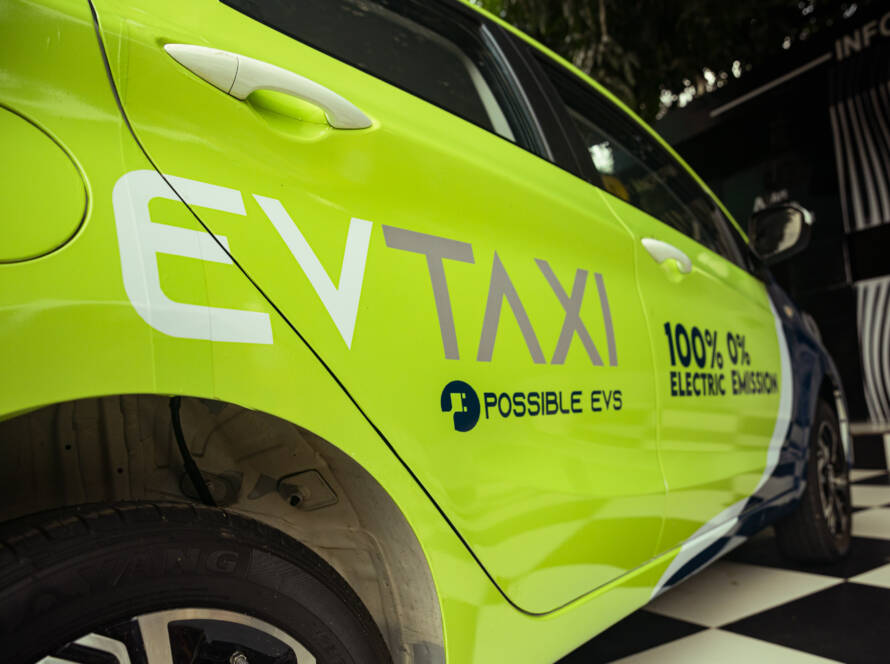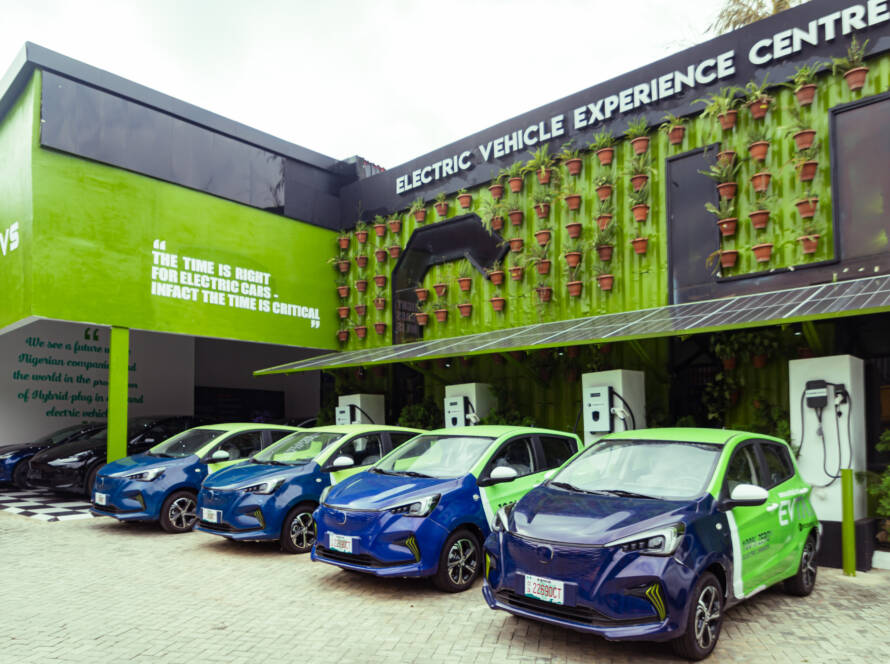Every EV owner wants to know just how much electricity their vehicle consumes. Knowing your car’s energy use helps you plan for charging costs, schedule your charging times, and even estimate your environmental impact. For drivers accustomed to fossil-fuel-powered vehicles, understanding electric fuel might seem complicated at first, but it’s simpler than you think.
Understanding Electricity Consumption in EVs
Electricity usage, whether in your home appliances or electric car, is measured in kilowatt-hours (kWh). A kilowatt equals 1,000 watts, and kWh measures the amount of electricity needed to power a 1,000-watt appliance for one hour. For example, a standard fridge uses around 300 watts. Running this fridge for an hour would typically consume 0.3 kWh of electricity. So 1 kWh can power that fridge for three hours.
What about EVs?
The battery sizes of modern electric vehicles vary significantly. For instance, the Tesla Model X Plaid, one of the models available at Possible EVS, has a 100 kWh battery. In contrast, the Mercedes EQE 2024 offers a battery capacity of 90.6 kWh. These figures indicate how much electricity the battery can store, but they don’t reflect actual usage. Actual usage depends on driving habits and how energy-efficient our car is.
Instead of miles per gallon (mpg) used for traditional fossil-fuel vehicles, EV efficiency is measured in kWh per 100 miles. In the U.S., this data is available on the Department of Energy’s website. But in Nigeria, we don’t have that yet. So you’ll need to evaluate your car’s power consumption based on the manufacturer’s information or personal experience.
A Tesla Model X Plaid might consume up to 50 kWh per 100 miles, which is equal to about 0.50 kWh per mile. According to recent studies on Nigerian travel habits, the average Nigerian driver travels about 18.6 miles (30 km) per day. This would amount to roughly 540 miles (869 km) per month. Based on this data, a Tesla Model X Plaid would consume about 9.3 kWh per day (0.50 kWh x 18.6 miles), amounting to approximately 279 kWh per month.
Given the above figures, we can now calculate how much money a Nigerian is likely to spend buying electricity for their car in a month.
Electricity costs in Nigeria vary based on location and service provider, but the average cost for band A customers is around ₦200 per kWh. For a Nigerian driving a Tesla Model X Plaid, the monthly electricity consumption of 279 kWh will cost approximately ₦55,800 (279 kWh × ₦200).
Compare this figure with the monthly fuel cost of conventional petrol-powered vehicles, especially with current fuel prices in Nigeria, and you’ll realize that EVs are incredibly more cost-effective that petrol cars in terms of fuelling.
Understanding how much electricity your EV uses helps you plan better and optimize costs. At Possible EVS, we are committed to making the shift to sustainable mobility not just possible but also practical. From EV Taxi to EVEC and the 100 electric buses set to be deployed nationwide, Possible EVS is driving change one electric vehicle at a time.


